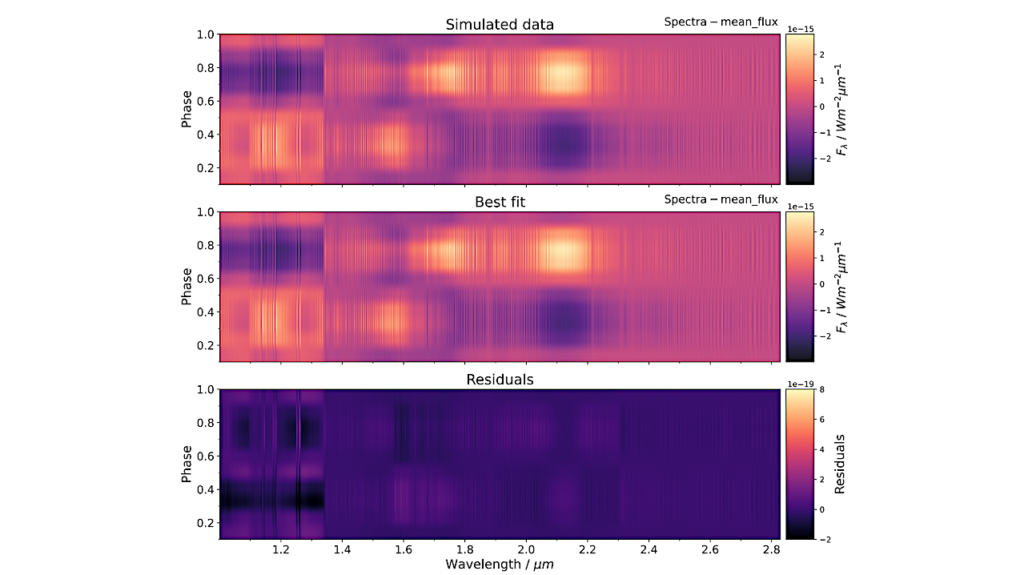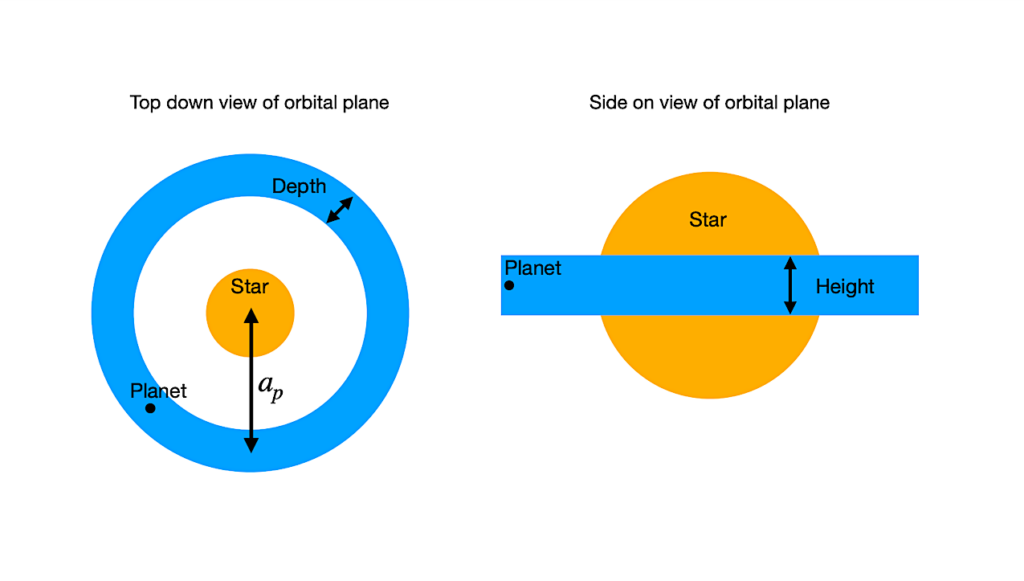Report On Community Cadence Observing to Maximize the Scientific Output of the Keck Planet Finder

The arrival of the Keck Planet Finder (KPF) in 2022 represents a major advance in the precision radial velocity (PRV) capabilities of the W. M. Keck Observatory.
In preparation for KPF science, our committee of PRV experts and WMKO staff studied the current implementation of cadence observing at Keck and other PRV facilities.
We find that many of KPF’s major science cases are not feasible through Keck’s standard allocations of full or half nights to individual PIs. Pooling time among several PIs as is currently done by the California Planet Search (CPS) collaboration with HIRES results in lower quality science results than is possible when KPF is available at higher observational cadence. This strategy also creates barriers to entry, particularly for researchers wishing to lead small proposals.
This report makes recommendations for optimizing PRV cadence at Keck subject to the following constraints: preservation of clear boundaries between cadence observations and classically scheduled time; and ensuring fairness and scientific independence of different Keck TACs and different KPF PIs. We recommend establishing a new category of Keck time allocation, “KPF Community Cadence” (KPF-CC). In many ways, KPF-CC will formalize observing strategies provided by CPS, but with higher observational cadence appropriate for KPF science and with universal access to the program for all Keck users.
We recommend that KPF-CC time be scheduled classically into blocks as small as a quarter night subject to considerations of bright/dark time, variations in proposal pressure with the seasons, and the needs of non-KPF observing programs. Within KPF-CC time, the Keck Observing Assistants would execute observations generated by a dynamic scheduler. We recommend that Keck staff and a board of PRV experts design and maintain the scheduling software.
Erik Petigura, Andrew Howard, Jacob Bean, Charles Beichman, Debra Fischer, BJ Fulton, Howard Isaacson, John O’Meara, Carolyn Jordan, Daniel Huber, Paul Robertson, Arpita Roy, Johanna Teske, Josh Walawender
Comments: 31 pages, 10 figures, prepared for the Keck Science Steering Committee, report delivered on Nov 7, 2021
Subjects: Instrumentation and Methods for Astrophysics (astro-ph.IM); Earth and Planetary Astrophysics (astro-ph.EP)
Cite as: arXiv:2207.06523 [astro-ph.IM] (or arXiv:2207.06523v1 [astro-ph.IM] for this version)
https://doi.org/10.48550/arXiv.2207.06523
Focus to learn more
Submission history
From: Erik Petigura
[v1] Wed, 13 Jul 2022 21:17:36 UTC (3,051 KB)
https://arxiv.org/abs/2207.06523
Astrobiology,








